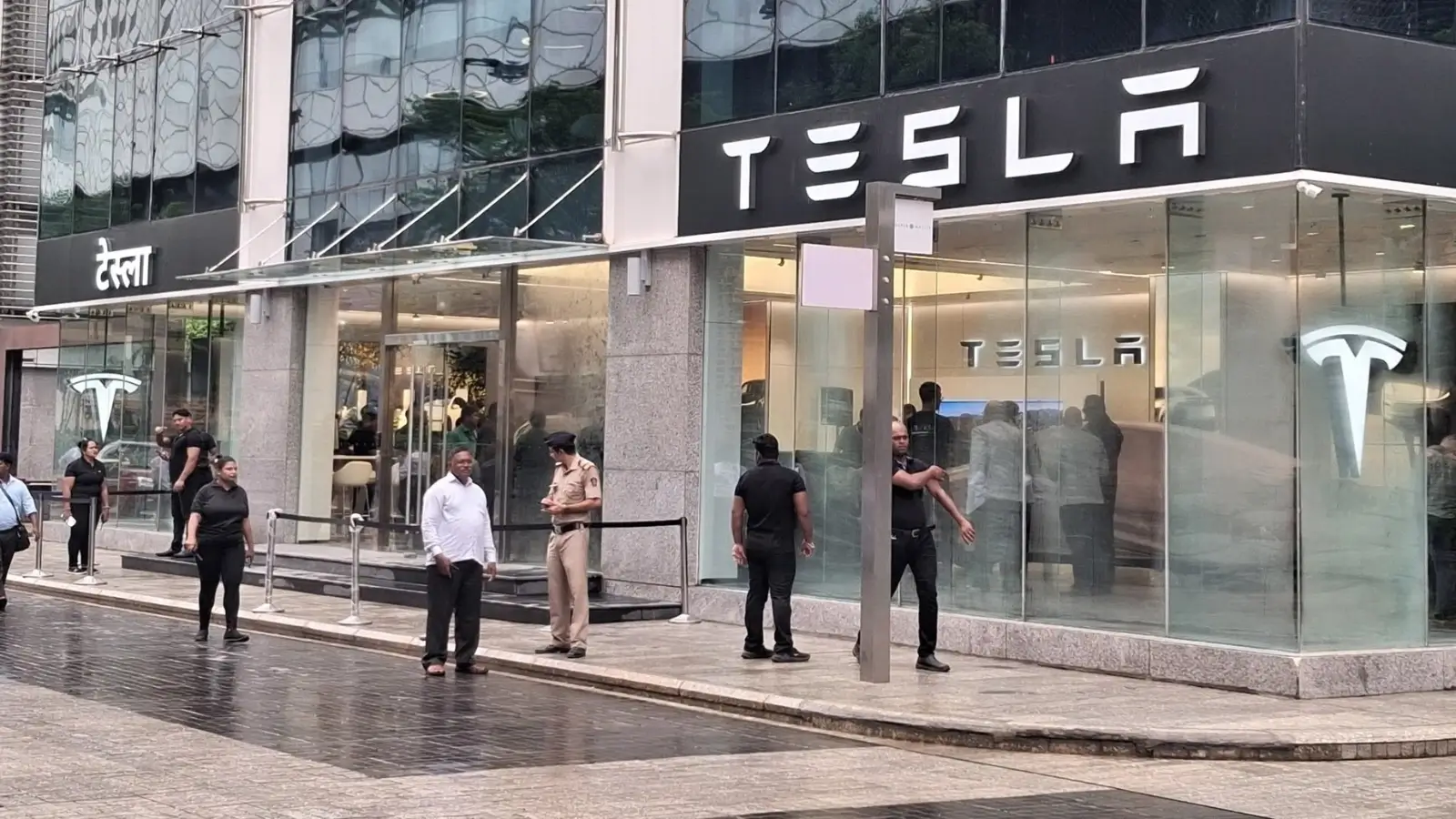


Wikipedia has been put under the microscope of critics and ridicule by the entire world ever since its creation but today it stands proudly as the 4th most visited website globally. Wikipedia has formed itself as a community, and it’s not just a public library but has become a political manifesto promoting the democratization of information, being built on set principles it is referenced as the constitution, and also called an experiment for providing accessibility to everyone to work together in creating information.
It has become one of the few rare websites known as a free digital encyclopedia—housing over six million articles in its non-profit model. Hence, the question arises of whether Wikipedia is the best online encyclopedia. In this blog, we will delve into the strengths of Wikipedia that it is indeed the best encyclopedia, and also go into detail about the weaknesses that challenge the statement.
Launched in 2001, Wikipedia has been serving as a free-of-cost digital encyclopedia run by the nonprofit Wikimedia Foundation. It is run collaboratively by users around the world. Under the strict guidelines, anyone can write articles and edit information on the platform upon registration. Wikipedia page creators come from all walks of life, and they are dedicated to constantly updating and improving the content available to readers.
Wikipedia is viewed as the world's largest online encyclopedia and has changed the means of how we get information today. Its open platform of vast knowledge, available on anyone's web browser, makes it a site accessed by millions of people seeking information on various aspects of life. Although there are several strengths, in turn, this huge online encyclopedia still faces extreme problems leading people to question its reliability and accuracy.
The greatest strength that Wikipedia can claim is its democracy. Unlike other books that are the effort of very few literate experts, Wikipedia is a group work. Anyone who wants to say something on a given topic can write about it. The free open-source approach has led to a diverse and comprehensive collection of articles ranging from historical events to obscure scientific theories. With the community-driven model of Wikipedia, the given information will always have room for improvement and update as needed, allowing viewers to stay updated about the latest happenings in different sectors.
Another strong point that Wikipedia offers is its access. Being an online free resource, it reaches almost anyone with a socioeconomic status from every stratum. It democratized access to knowledge and has allowed individuals to acquire knowledge and grow in life. Many users have used Wikipedia for business which instantly has helped them grow far better. In addition, the easy user interface and quick search functionality in accessing information make it attractive.
Despite these undeniable and laudable strengths of Wikipedia, several fundamental issues ensure that its credibility and accuracy are far from certain. Perhaps the most serious problem is the fact that biased content may be present. One of the major issues with Wikipedia is that it has been edited by multiple hands, different people who might, as a result, inject personal biases into the way information is presented therein. This makes the articles either skewed or incomplete, especially on controversial subjects.
Another problem is of quality of content in Wikipedia. There are articles well written and informative enough, but many contain wrong information or outdated information. This is partly because there is no restriction on who can write an article on Wikipedia; hence, one cannot predict anything regarding the quality of the content. Furthermore, the amount of information on Wikipedia is so immense that one may never be capable of ensuring the correctness of a certain article.
Ultimately, dependence on citations may be an issue. Although it is important for verification purposes to check the reliability of information, citations do not necessarily indicate the truthfulness of the sources themselves. A person can quote anything for hoax purposes since people will believe in what you say if you back it up with valid citations.
One of the major weaknesses of Wikipedia is also that it falls easy prey to vandalism. As the platform allows anyone at all to edit its articles, a group of malicious people can edit false or inappropriate information just to make a mockery of things, and in some cases, such vandalism goes unnoticed right away. As a result of the spread of misinformation, the headlines or topics become popular or controversial. While Wikipedia does have a monitoring system and a community of editors striving to correct such issues, the delay in correcting vandalism is wide for pages that are not regularly visited.
Wikipedia has made a long notable journey from being the most mocked platform to one of the most widely used and respected concepts. It sure does have its downsides but the hardworking and dedicated volunteers contributing to keep it reliable and up-to-date are countering those weaknesses regularly. Its community-driven aspect to work for spreading knowledge is what makes this site popular among other internet giants. To say it’s the best encyclopedia available online will not be wrong after all.